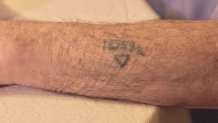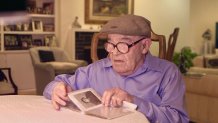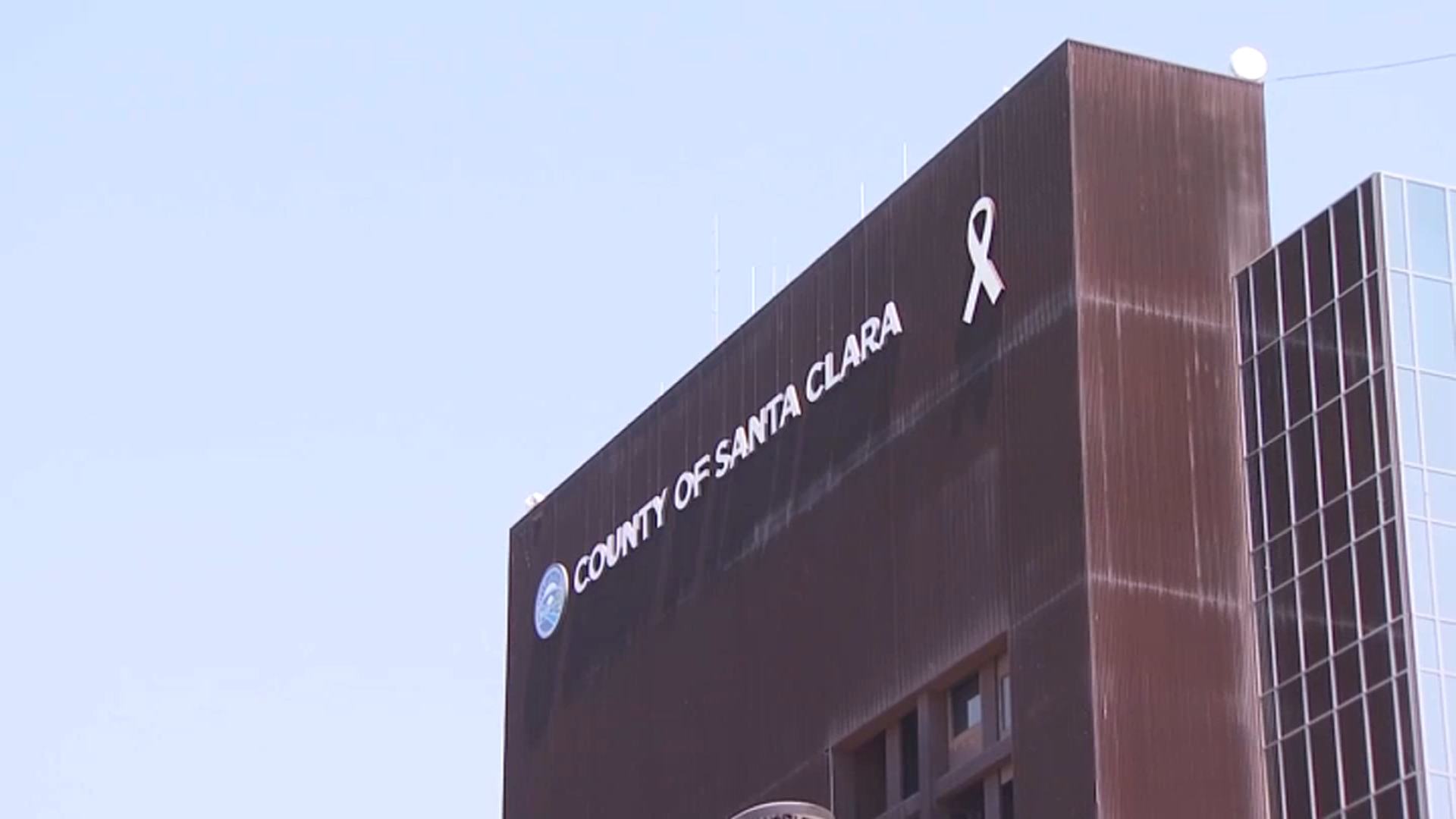On Monday, the world recognized a key Holocaust milestone in commemorating the 75th anniversary of the liberation of the notorious Auschwitz-Birkenau concentration camp by the Russian Army — a pivotal occasion the United Nations declared as International Holocaust Remembrance Day.
But 98-year-old Berkeley resident Ben Stern didn’t need a special occasion to remember the horrors of the Holocaust, its vast body count and the emotional scars as permanent as the number tattooed on his left forearm.
"I still dream about it at night," Stern said, his voice rising to a shout imbued with a Polish accent. "I still live it."
Stern can remember every detail of his ordeal; from the day the German military roared up on motorcycles at his family house in Mogielnice, to the nine concentration camps he spent time in, including Auschwitz-Birkenau, to his fruitless sojourn around Eastern Europe after the war searching for any surviving members of his family. Of nine children, only a brother survived by fleeing to Palestine.
How does he feel about the 75th anniversary?
"As far as I’m concerned, it just happened yesterday," Stern said.

Stern was 19 years old on September 8, 1939, when the Germany Army invaded his small town of Mogielnice near Warsaw, Poland. The family was taken to the Jewish Warsaw Ghetto where his father and grandmother both died of starvation. His mother and sister, as well as other family members, died in the Treblinka extermination camp.
Local
Stern moved from camp to camp before landing in Auschwitz where he was immediately tattooed with an identification number on his arm and pressed into slave labor building barracks and working in nearby coal mines.
More than once in Auschwitz he skirted death. He recalled the day notorious physician Josef Mengele personally chose Stern for death in the camp’s gas chambers. When an assistant asked Stern for the ID number on his arm, Stern fudged the number by a single digit. The next morning, as the SS began to gather those marked for death, no one could find the inmate with the number Stern had given them. He survived.
Another day he received 25 lashes after he was caught stashing tobacco in a jacket, which he intended to barter for extra rations. He boasts the fact he was only beaten once.
“All along, the whole period was aiming to survive," he said.
Stern said inmates in Auschwitz could eventually tell the allies were edging closer to the camp. They could hear allied planes, which dropped fliers into the camps. But before the Russian Army would arrive to liberate Auschwitz on January 27, 1945, Stern and 56,000 other inmates were marched out of the camp on a grueling 32-day “Death March” through frigid conditions in which tens of thousands would die.
Stern’s liberation wouldn’t come until May 8, 1945, from the Liebenau labor camp near the Austrian border. He weighed 78 pounds when the U.S. soldiers liberated the camp.
Soon after liberation he married fellow inmate Helen Kielmanowicz, who passed away two years ago after 75 years of marriage. Even after moving to the U.S. after the war, the psychological wounds of the ordeal were never far away.
"My parents have spent their lives standing at an open grave," said Stern’s daughter Charlene Stern. "It’s like a grave that can never be covered over."

Stern has devoted his life to speaking out about the Holocaust, appearing in a biographic film produced by his daughter called "Near Normal Man." It chronicles her father’s successful campaign in the 1970s to keep a Nazi group from marching in Skokie, Illinois.
Morgan Blum Schneider, director of the Jewish Family and Children Services Holocaust Center in San Francisco, said the 75th anniversary of the liberation of Auschwitz marks the last major anniversary that will include survivors to tell their own stories.
"We’re part of a bridge generation," Blum Schneider said. "We’re part of the generation that will have the opportunity to have studied and know the survivors, and then we will also be put into the position to be ambassadors for those stories in the future."
For now, Stern plans to continue telling his story himself to anyone who will listen. On a recent day, he sat at his kitchen table flipping through a thin family photo album, rattling off the names of family members and where they died during the war. After a morning of storytelling, his voice finally cracked as he paused at a picture of his sister who was killed in the extermination camp. It was as if he was poking a fresh wound.
"I live with it, I didn’t make peace with it," Stern said. "I’m looking forward to better days."



